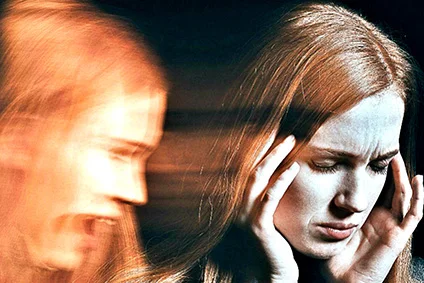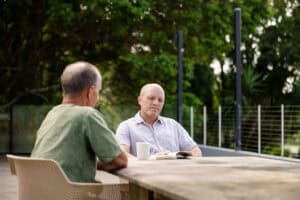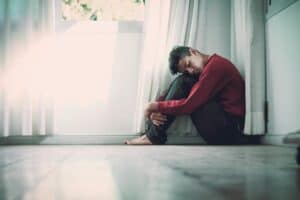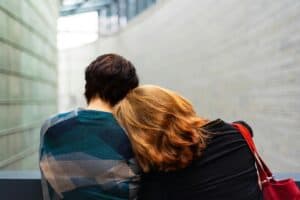Some people may be able to pinpoint the exact time their anxiety began, and when they first realised alcohol had become a problem. For others, issues with alcohol and anxiety may have developed simultaneously, making it impossible to determine if one became problematic before the other, or vice versa. At Palladium Private we see a fairly even mix between the following scenarios:
- Clients who were suffering with anxiety and/or depression and began using alcohol to smooth the edges of life socially, or to get through daily situations that were inducing anxiety
- Clients who were using alcohol to dull the effects of trauma, soothe social nerves or ease difficult emotions, who then found themselves experiencing anxiety attacks or extreme unease whenever the alcohol effects wore off
It’s the age-old question “Which came first, the chicken or the egg?” but regardless of whether anxiety or alcohol became problematic for you first, the science shows they’re intrinsically linked and getting to the core of one will inevitable ease the other.
THE SCIENCE - DEPRESSANTS vs. STIMULANTS
Drugs are classified into three categories – Depressants, Stimulants and Hallucinogens. Yes, alcohol is classed as a drug because it affects a person’s neurological responses, decision making abilities, their speed of response and cognition amongst other things (read more HERE). In the world of drugs, alcohol is a well-known depressant. That first drink or two brings on feelings of relief, excitement, anticipation, celebration, relaxation – because the brain is being flooded with dopamine, the feel-good brain chemical. However, the minute the alcohol hits your blood stream, your body recognizes it for the toxic depressant it is and counteracts that by releasing a flood of natural stimulants into your system. Hence why the first few drinks give you that rush of relief or euphoria and your brain records the message “This makes us feel good”. It’s not the alcohol giving you that effect, it’s the stimulants your body produces to counteract the depressant you’ve just ingested.
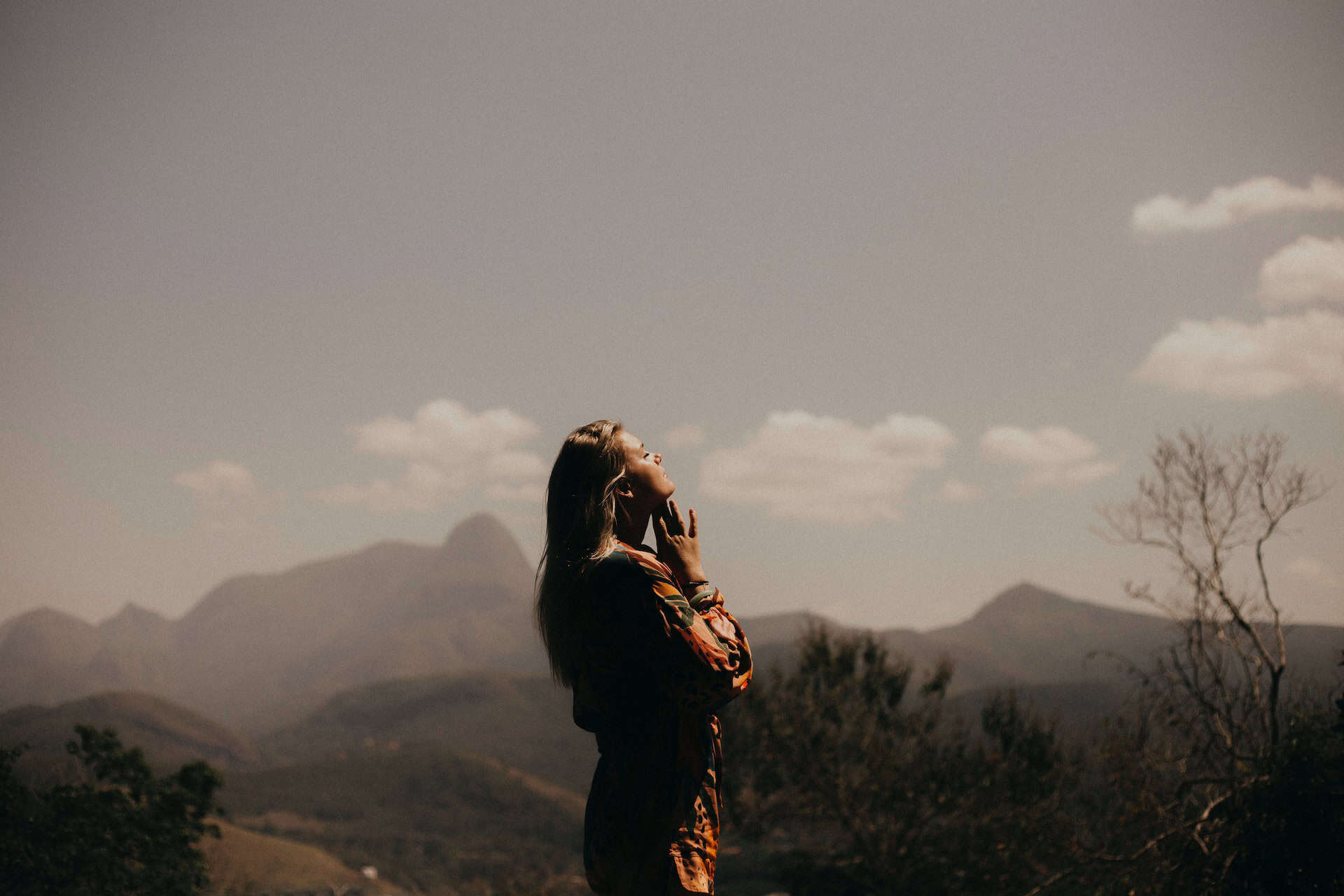
You know that familiar feeling when you realise you’ve downed two or three drinks and everyone else is still on their first? Or you look around the room and think “this is wearing off, I’d better get another one, quick”. This is not the effect of the alcohol wearing off. The alcohol is still slowly building up in your blood stream and you won’t feel the full effects of it for several hours. This is the “hit” from the stimulants wearing off. Your brain wants more. How to solve this problem? Drink more alcohol and the body will release more stimulants.
Reading Suggestion:
A great resource that explains the science in a very digestible way is Alcohol Explained by William Porter. Read the first five chapters for free HERE.
FAST FORWARD TO THE NEXT MORNING
You wake from the night before, your mouth is dry as a desert, your head clangs like a metal bell with the slightest movement and your world implodes in a panic when you think of work/family/responsibilities/what you said or did to whom last night. The anxiety is intense and overwhelming. Pulling the doona back over your head and trying to black out the world seems like the only way to cope. Or maybe a drink will fix this?……
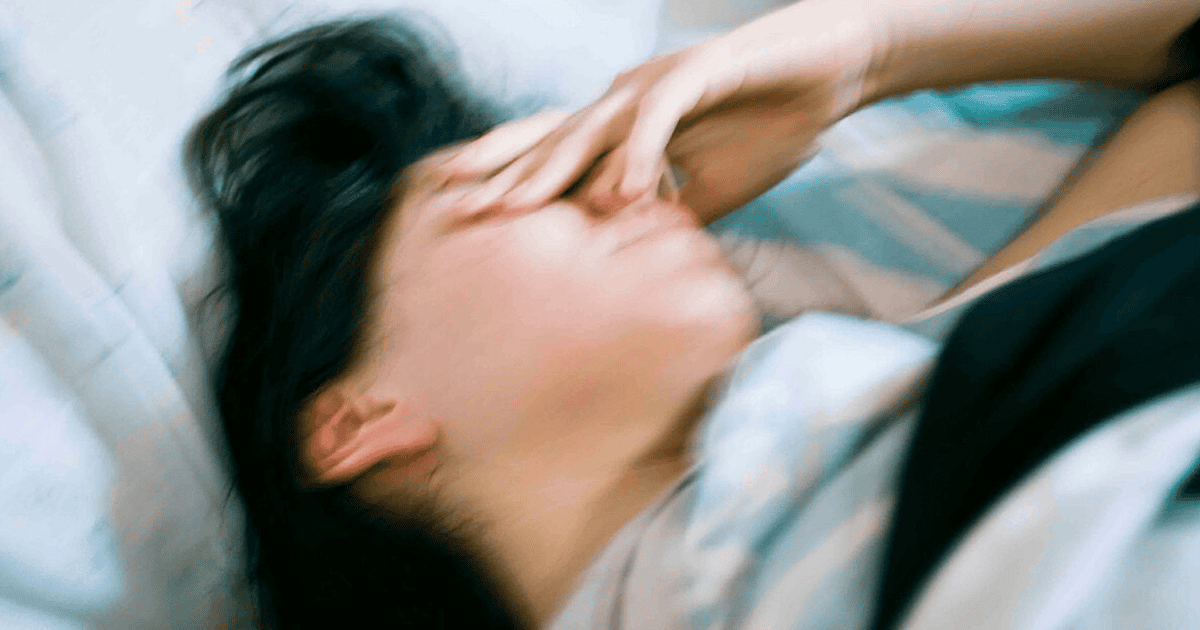
What’s happened since you began drinking last night is the body has continued to pump stimulants into your system every time you’ve taken in more alcohol. However, just as alcohol takes time to build up and produce its tipsy then drunk effects, so too do stimulants. In fact, the body’s natural stimulants take a lot longer to reach their full effect and subside than the alcohol itself. And THIS is why you wake up with the “morning after anxiety”. That all-encompassing bodily panic that encourages you to hide from the world or have another drink and numb it away. Pretty vicious cycle huh?
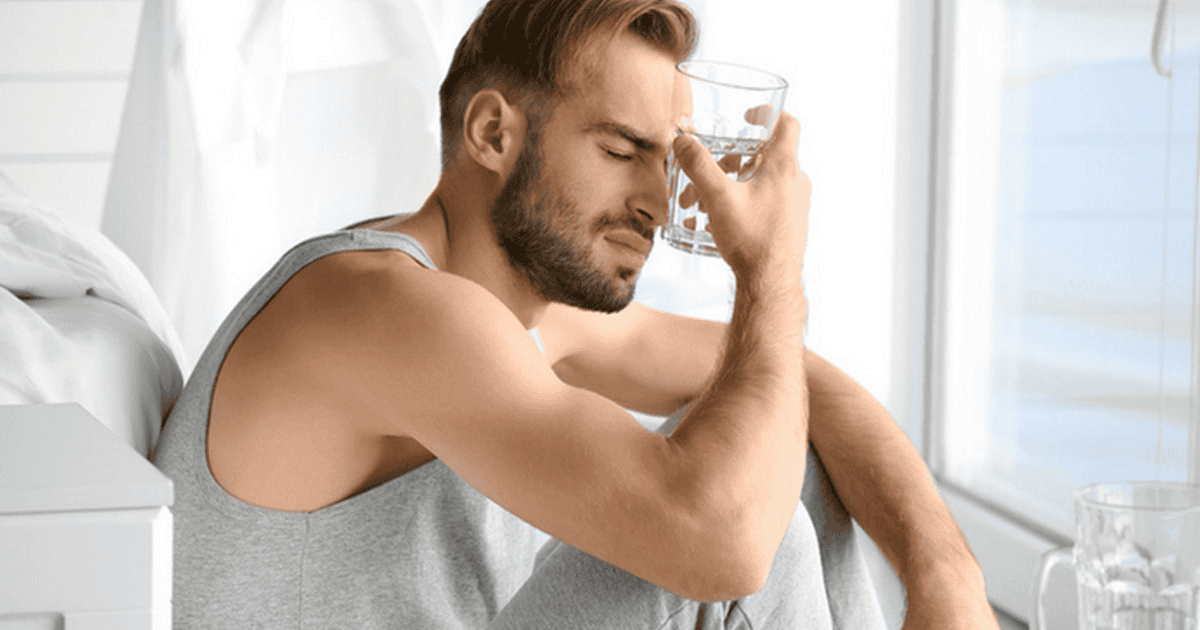
DOES ALCOHOL ABUSE CAUSE ANXIETY, OR ANXIETY CAUSE ALCOHOL ABUSE?
Based on what we’ve just learned about the stimulant’s role in hangovers, it seems that alcohol abuse causes anxiety. However, for a person already suffering from anxiety or depression, playing around with the body’s natural stimulants by introducing alcohol or drugs can be catastrophic for their mental health. Interfering with the balance of natural chemicals in the brain – when the brain is already suffering from imbalances due to anxiety or depression – means the body doesn’t get time to self-regulate and return to any level of normalcy. Therefore, if your healthcare professional is prescribing medication to correct existing imbalances, but you are artificially stimulating and depressing your system on top of this with alcohol or drugs, this will seriously decline your mental health quickly.
The anxiety you were already feeling will be compounded further, leaving you severely agitated, anxious, aggressive, helpless or paranoid. Your ability to cope may dramatically diminish as you slide further into states of depression, begin having suicidal thoughts, lose motivation to work or socialise, or begin experiencing fallouts and problems in relationships with friends, family, loved ones and colleagues.
Anxiety and alcohol are not healthy bedfellows! Just like a couple in a toxic relationship, it needs to end and they both need help.
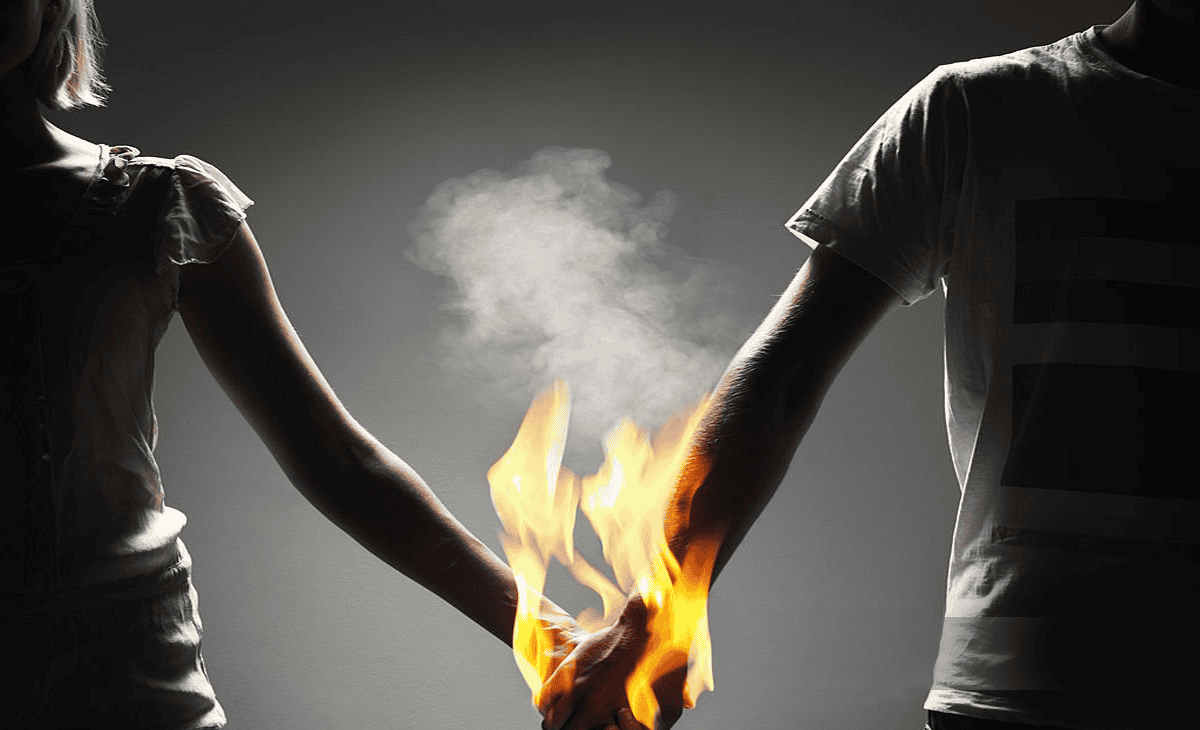
TREATMENTS FOR ALCOHOL ABUSE AND ANXIETY
If you’ve developed a drinking problem because of your anxiety, you will need to address both issues in order to make a full recovery. If you’ve developed anxiety because of your drinking problem, addressing the drinking will naturally alleviate the anxiety. Work will need to be done to help you practice and become comfortable in social/life situations that are triggering or difficult. Likewise, for a person suffering anxiety, they will need help developing coping tools to anticipate, enter and handle these situations that would normally see them reaching for a drink to ease the panic.
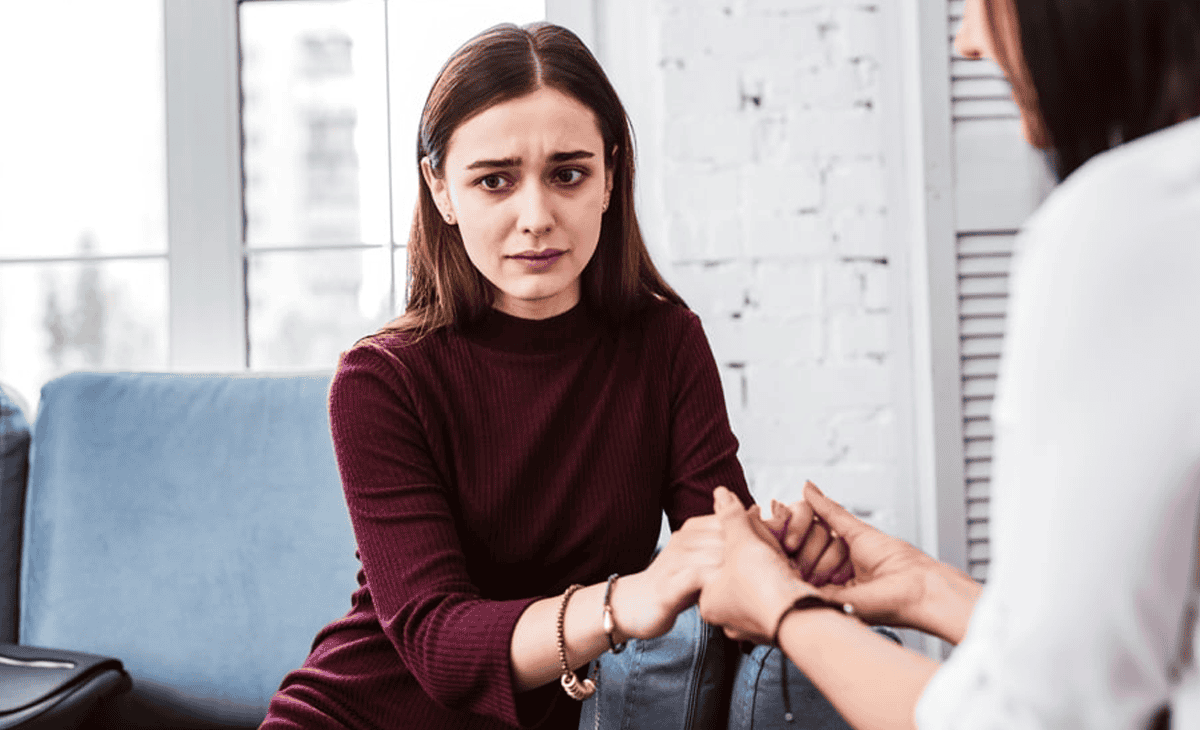
- ACT (Acceptance and Commitment Therapy)
- REBT (Rational Emotional Behaviour Therapy)
- CBT (Cognitive Behavioural Therapy)
- Gestalt Psychology
- Mindfulness Training
- Neuropsychotherapy
- NLP (Neurolinguistic Programming)
- Schema Therapy
MORE INFO on each of the above treatment modalities is detailed in the next article in this series.
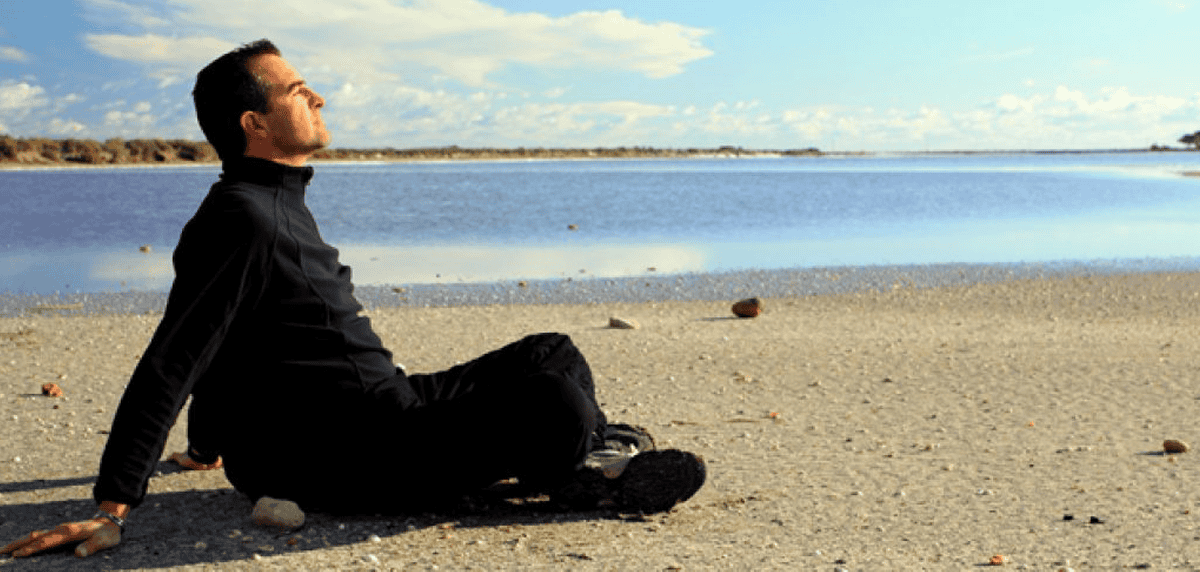
SPECIALISED HELP FOR ANXIETY & ALCOHOL ABUSE
The Palladium Private program integrates a diverse set of holistic treatment modalities into a customised BioPsychoSocial program – tailored to each individual – that’s proven to be effective and life-lasting. It combines psychological, biological, educational, spiritual, social and nutritional strategies to combat and eradicate the root causes of anxiety and alcohol.
With the help of our supportive and highly knowledgeable team, you will purge your body of toxins, restore its natural balance of minerals, nutrients and vitamins, and open up to a whole new level of emotional awareness and resilience leading to your new life – completely free of addiction and anxiety.
More information
For more information on Palladium Private’s holistic BioPsychoSocial program for treating anxiety and alcohol addiction, please feel free to call and speak to one of our Intake Team consultants who can answer any questions you may have. You are never alone.
